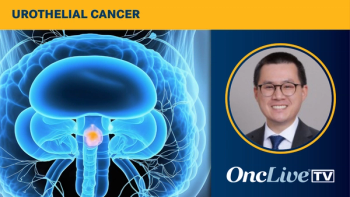
Bone Health Programs in Urology Practices, Part II
The role of the urologist in maintaining optimal bone health for men receiving androgen deprivation therapy (ADT) is an important topic that has been addressed by the American Urological Association (AUA).
As part of the AUA Male Health Committee, panelist Neal D. Shore, MD, addresses many of the AUA initiatives underway to ensure that appropriate counseling is provided for patients receiving ADT. This may include advice on vitamin D, calcium supplementation, checking baseline vitamin D and calcium levels, educational materials on avoidance of a sedentary lifestyle, active and regular core strengthening exercises, and even changes in footwear.
Another panelist from a large urology group practice, Mark S. Austenfeld, MD, provides insight into incorporating the AUA initiatives into practice. Austenfeld explained that there are many potential complications with ADT, including metabolic syndrome. These conditions can be better managed and tracked using electronic health records (EHRs) that allow urologists to follow and collect data on how treatments or preventive measures are received by patients. Austenfeld feels the use of EHRs to monitor men's health provides an opportunity to objectively determine the impact urologists are having on patient outcomes.




































